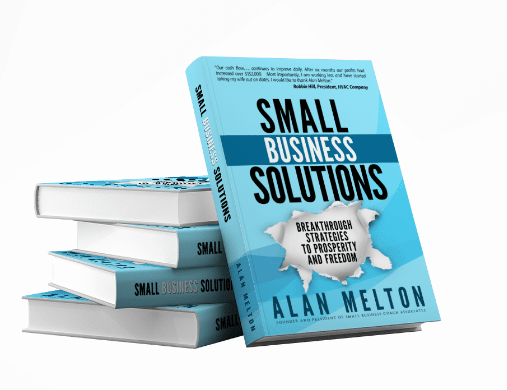VIEW BY TOPIC
- Finding Customers
- Business Systems
- Managing Employees
- Leadership
- Managing Money
Related Posts

Ready to Grow Your Business Fast?
Here’s How I Grew Five Businesses, and Eventually Sold One to a Fortune 500 Company.

Small Business Locations: 7 Questions to Ask
You’ve made your business idea a reality and now you’re ready to set up shop, and choose small business locations. For many businesses, location can make or break your business’ success. It determines how many customers will enter your store, have a pleasant experience, and ultimately keep coming back to spend money. It’s important to know that not only is your choice in the building itself influential, but also the neighborhood and city surrounding it. To prevent choosing the wrong place to plant roots for your precious business, think about all of these factors.
1. Is this area in good economic health?
When a city is in an ideal economic state, it’s likely a good place to run a business. When there are ample job opportunities in the area, available homes on the market are getting snatched up quickly, and consumers are spending money, your business has a better chance of financial success. The amount of businesses operating in the area is also a good indication of economic potential.

2. What are the location’s demographics in terms of small business locations?
Think about the product or service you’re offering and your target market. Are you marketing to middle-aged parents? Or are you targeting the single millennial crowd? If you’re trying to attract parents, you’ll want to choose a location with a high percentage of families. For a single millennial population, you might look toward a city with predominantly young, single professionals. You’ll also want to consider demographics when hiring your ideal employees.
3. Can you afford this location?
It’s crucial that you determine whether or not you can afford the costs of operating your business before choosing a permanent location. Aside from the cost of living in a given area, the building or storefront itself will have its own operating costs. These range from rent to utilities to property taxes and more. Your ability to afford the location will directly affect the prices of your products or service, impacting whether or not customers will be able to afford to shop here.
4. Are there zoning requirements and ordinances to be aware of regarding small business locations?
Zoning requirements limit the number or types of businesses that are allowed to operate within a specific area. In other words, some properties will not permit you to run a business from them because they’re in a residential zone rather than a commercial one. On top of that, there are many regulations that small business owners need to abide by in order to operate legally. Check in with the local government and neighboring businesses as well to cover all of your bases.
5. What are the nearby businesses?
On one hand, neighboring businesses can bring the right customer into your store. For example, if your business sells apparel for babies and toddlers, having a daycare or toy store nearby might bring residual traffic past your store. On the other hand, adjacent businesses can be an obstacle. If they’re selling a similar product or service, especially at a cheaper price point, your business might be in trouble. Analyze the surrounding area carefully before signing a lease.
6. Is this location accessible?
How easy is it to drive to your store? Is there a direct path from a main road? Is there heavy traffic in the area? Is the parking lot easy to park in? All of these questions are important to ask when defining your store’s accessibility. In addition to making sure the location is accessible, make sure it’s easy to find as well. Signs should be well lit and visible from the main road, free of obstructions. Clean up landscaping and remove any obstacles to make the experience convenient for customers.

7. Is this a safe area for small business locations?
You likely don’t want to take up permanent residence in an area with frequent thefts or any other crimes. Functionally and aesthetically, it may be the perfect building to market your offerings, but an area prone to vandalism or theft could cost you a lot of money down the road. Find out if there is a security system established for the building or if the building has a designated team to protect the building.
Your success as a small business owner hinges on the location you choose. For the best chances of drawing in your target audience and making a profit, take every small detail into consideration to find the perfect location for your small business.














